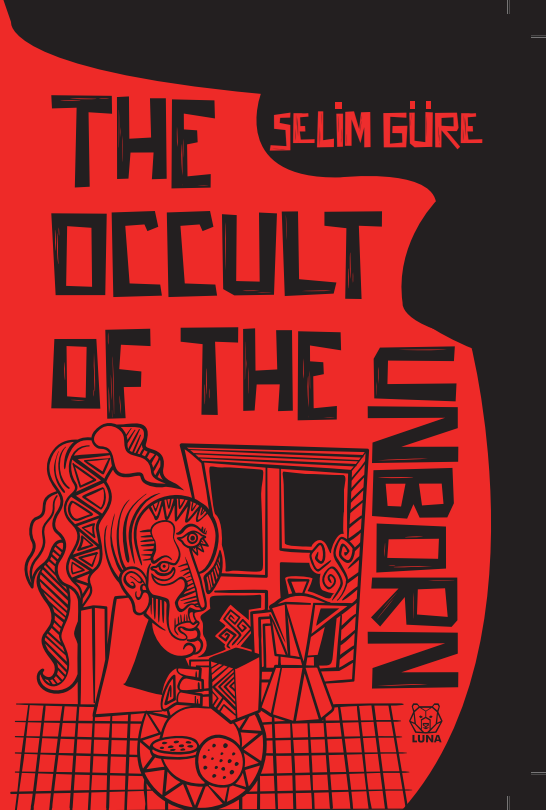What do you think?
Rate this book


208 pages, Paperback
Published January 26, 2022
Humanity is a big fucking cult that perpetuates itself on sunny thoughts while inhabiting the deepest pits of despair. Even pigs complain when they live in shit, and they scream on their way to the slaughterhouse. Humans pray to their Gods and quote their prophets.
The clergy, notwithstanding being a bridge between the upper and lower classes, is essentially a gang of shepherds who keep the slaves in line. The blue-collar, the tradesmen, and the white collar office clerk have something very crucial in common: they exist for the benefit of their employer. As soon as they cease being happily exploitable, they are canned. The profit matters. What do they do with the profit? Sure, they ‘expand’ and create welfare for communities. But they also spend it on luxury goods and artwork without value in and of itself. The owner of a company will pressure the executives and the employees to overwork and outperform the competitors, so that his spoiled daughter can get more violin masterclasses, more exotic vacations, and better schooling abroad. Who cares about the starving worker and his dependents? To hell with them those mindless bugs. They exist solely for profit. Besides, they’ll always keep breeding like rabbits and bequeath their needless misery to their offspring.
A pregnant lady at a funeral gives her offspring the biggest spoiler.